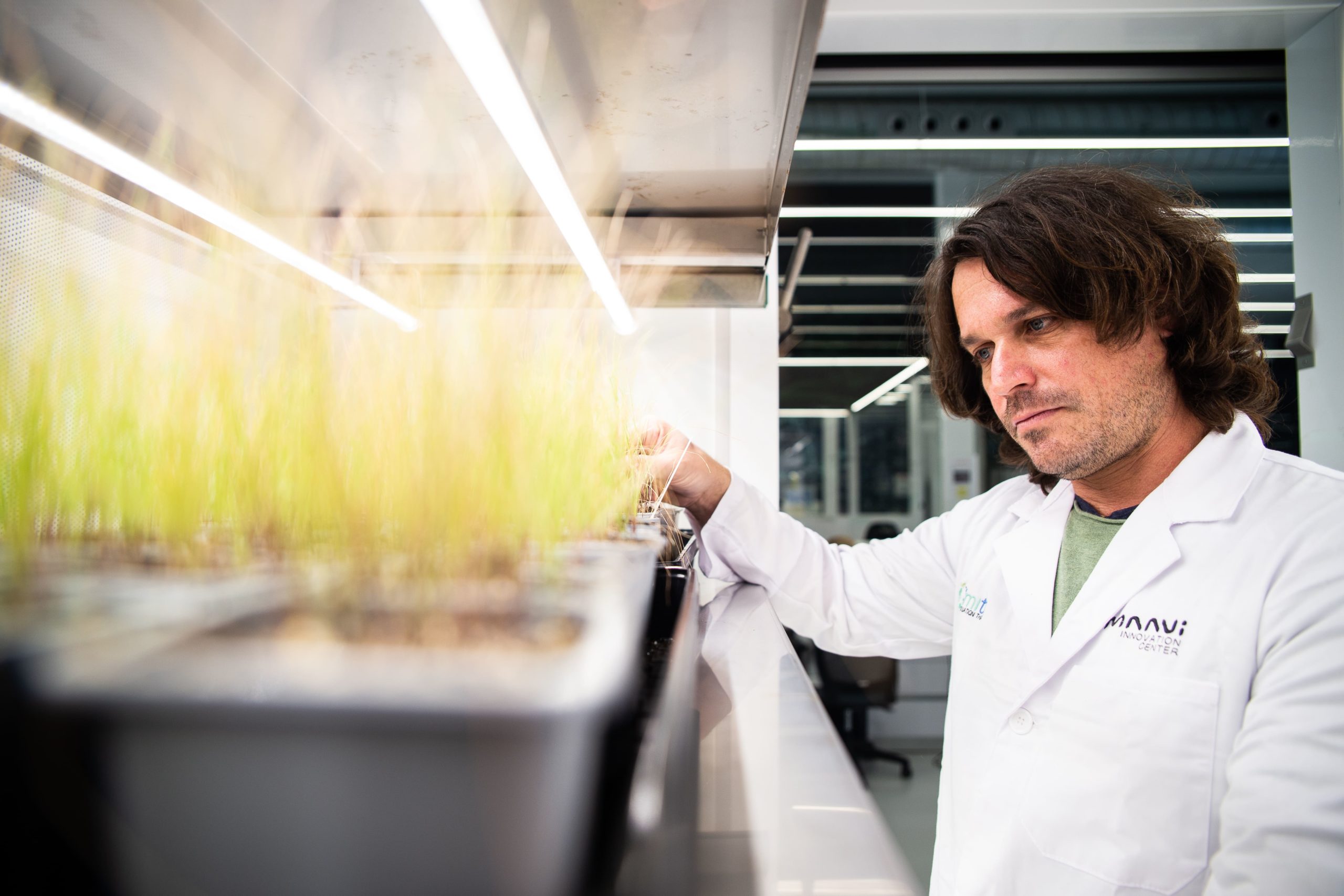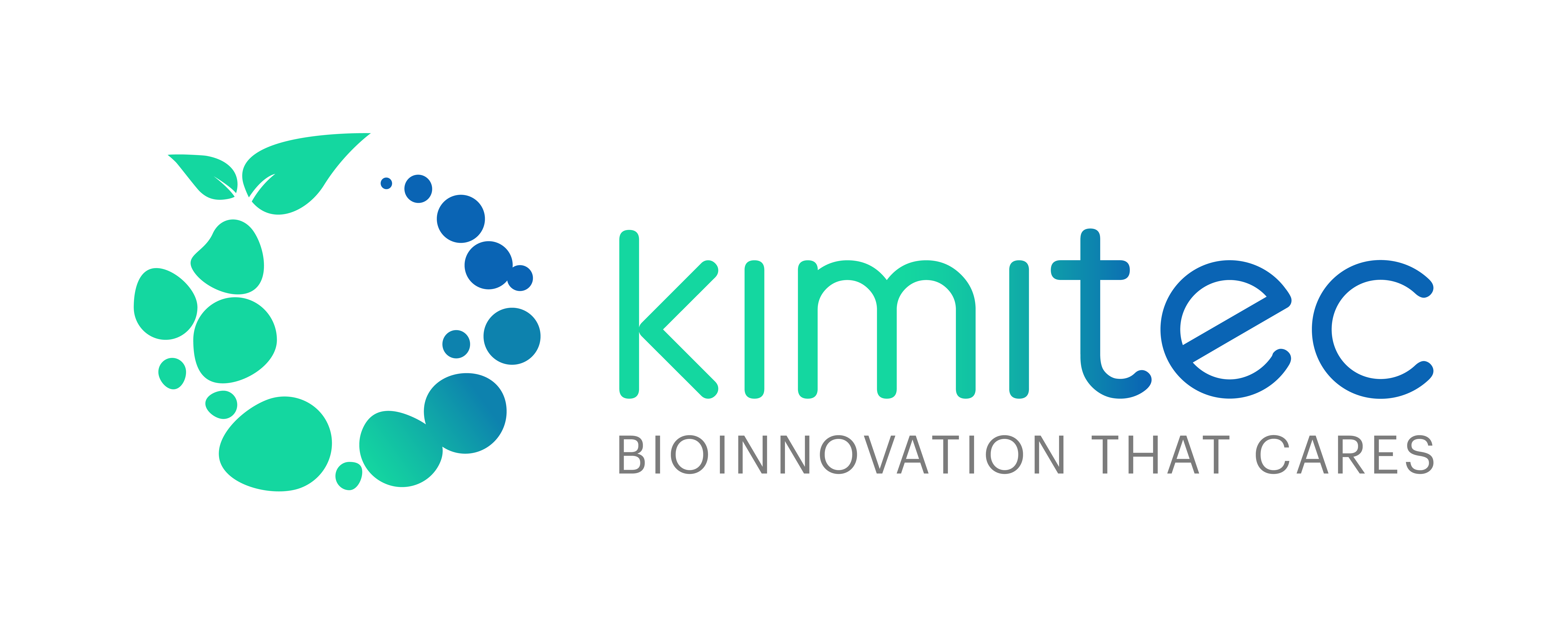A fifth Horizon Europe project aims to develop a natural alternative to glyphosate

The European Union has awarded us a fifth Horizon Europe; regarded as the “Oscars” of research and innovation in the EU, with this project, we aim to develop a bioherbicide that can successfully replace Glyphosate without compromising crop yields.
Glyphosate, which was classified as “probably carcinogenic to humans” by the World Health Organization in 2015 and is currently banned in several countries, is the most commonly used synthetic herbicide in agriculture, gardening, and roadside and railroad vegetation management, with a global market value of €9.8 billion.
Through the project, named Carina, we seek to develop a natural bioherbicide by reevaluating by-products from two plant species, Camelina and Carinata, which are endemic to practically all of Europe and northern Africa and offer a source of low-impact raw materials.
As indicated on the Green Deal website, “the future of Europe depends on the health of the planet.” As a result, the Commission launched its “From Farm to Fork” program in 2019 to pursue the transition to a food production model that has a neutral or positive impact on the environment through the search for natural alternatives to replace the synthetic chemistry products used in agriculture.
To carry out the project, which has obtained 7.5 million euros in funding, we will collaborate with a consortium of 25 companies, universities, and public-private research institutions from across Europe under our Open Innovation model.
This research initiative aims to improve people’s diets by developing better crops, bringing us closer to our ultimate goal of changing the way we produce food in order to transform the world.
